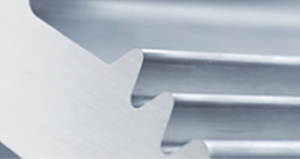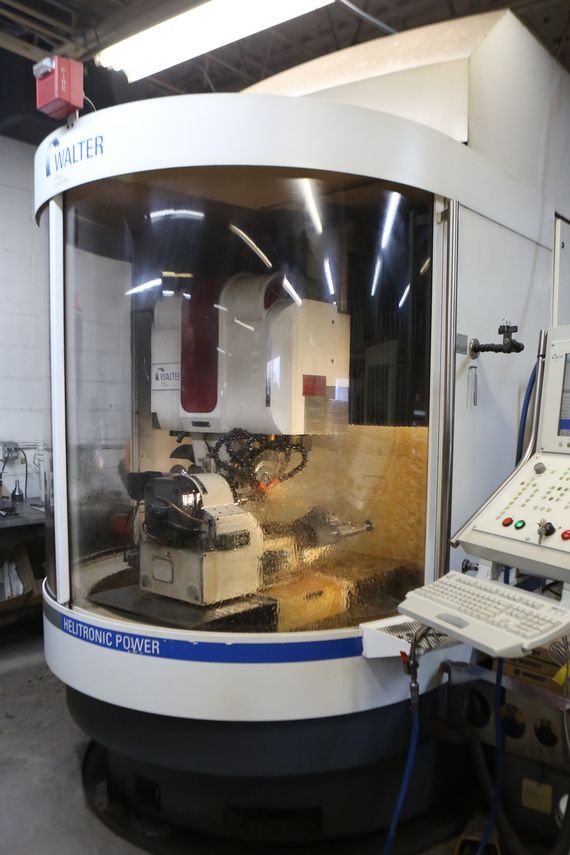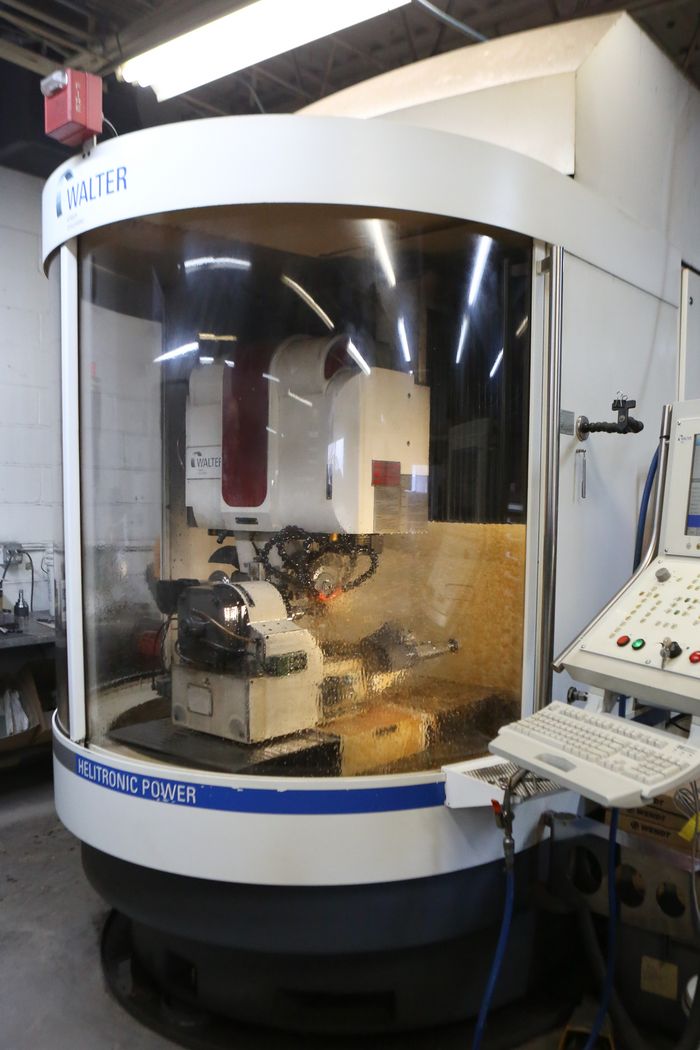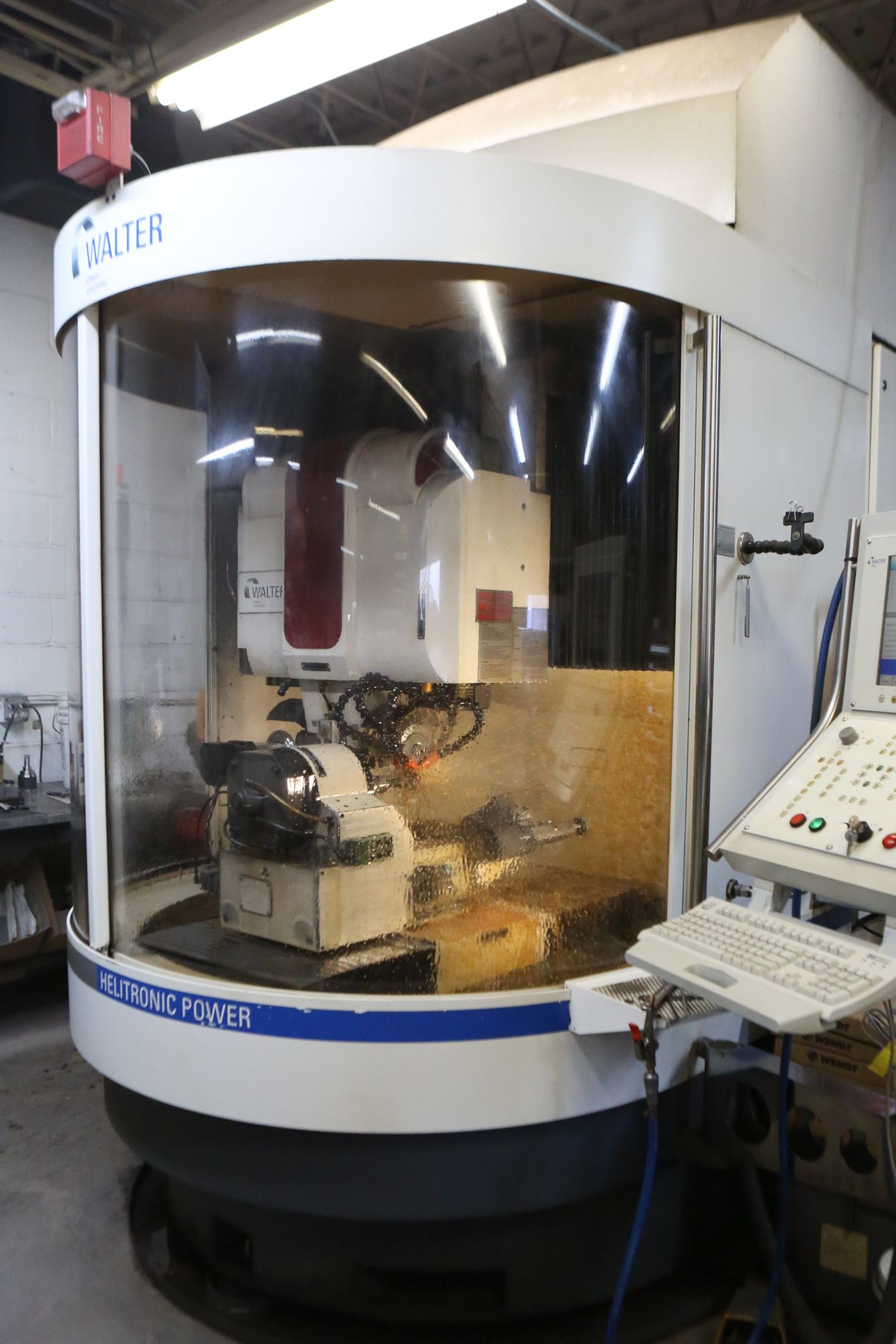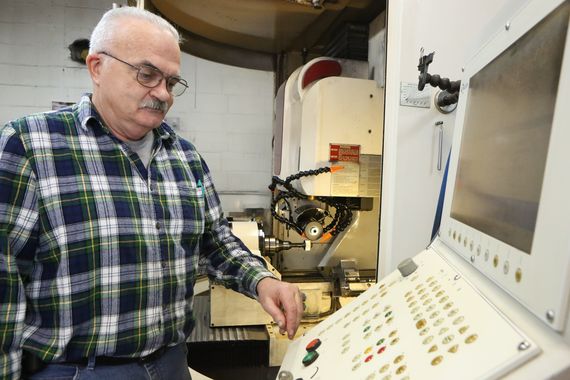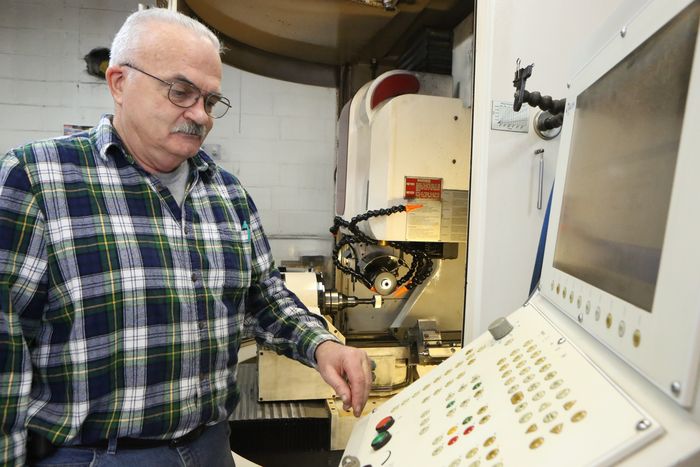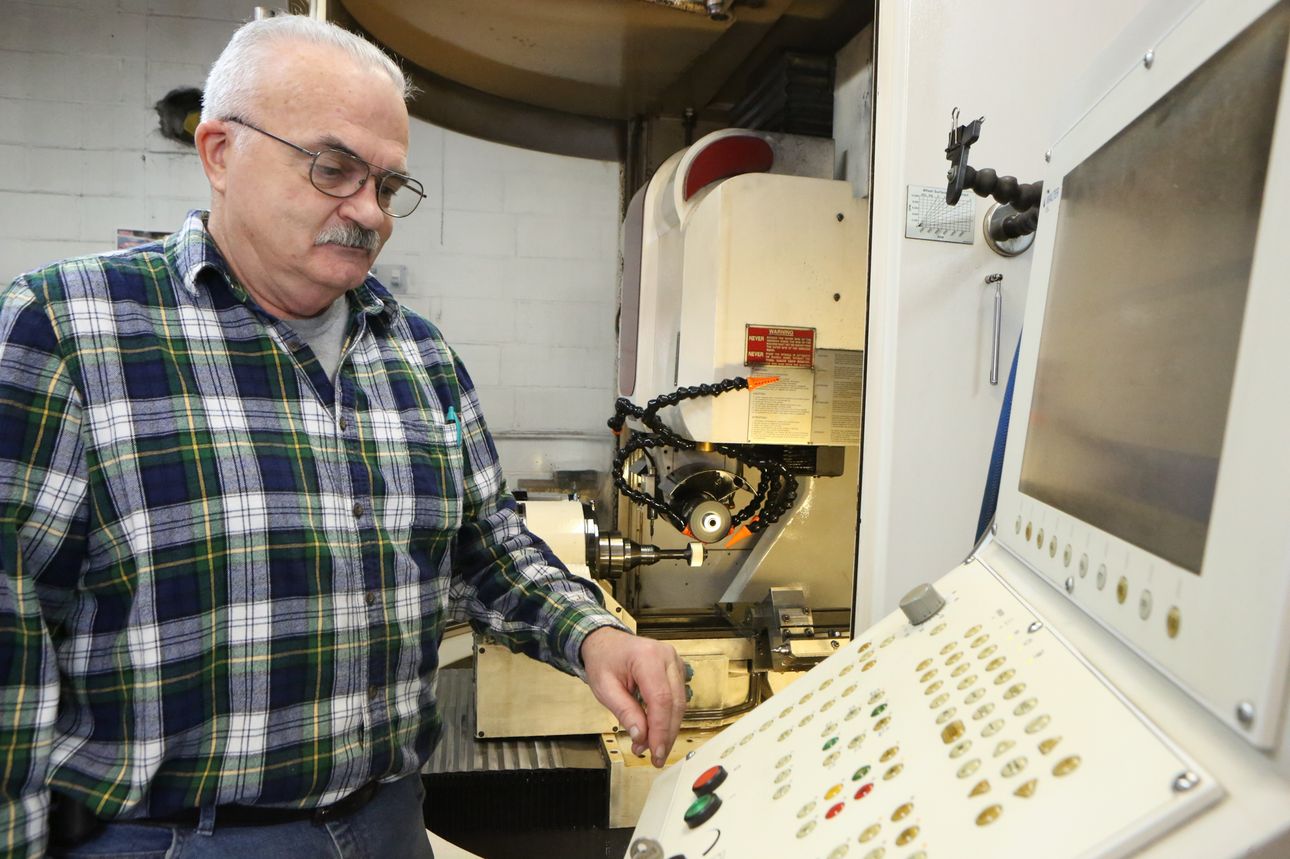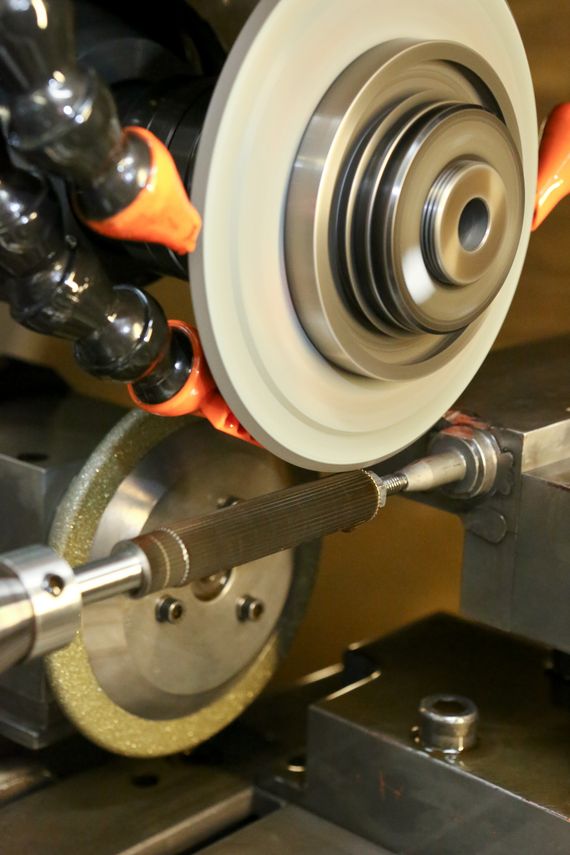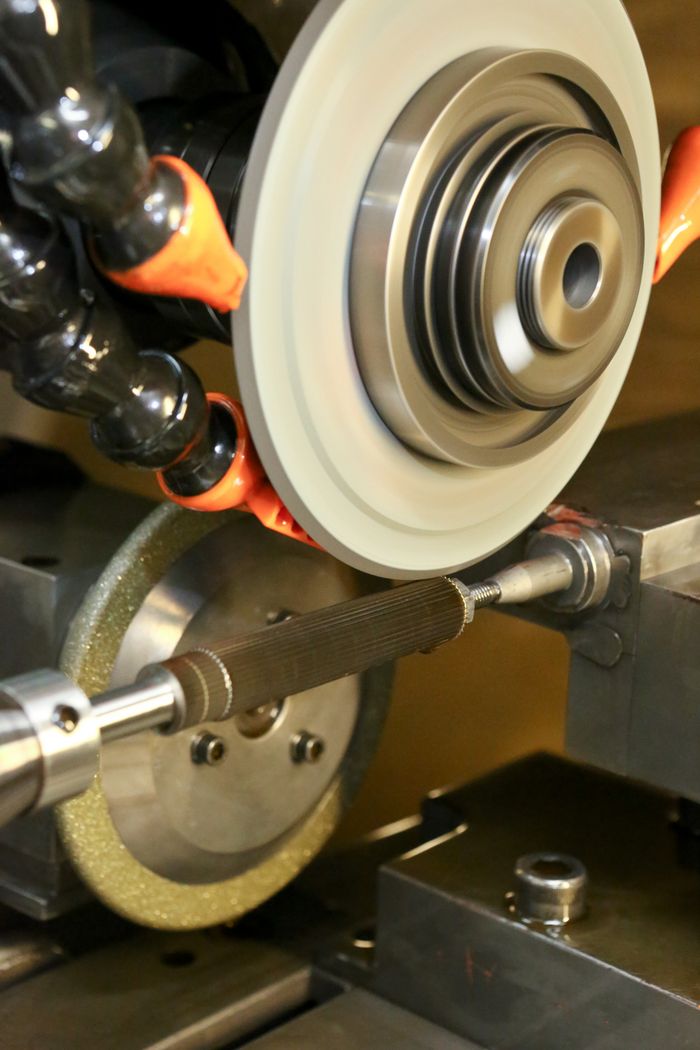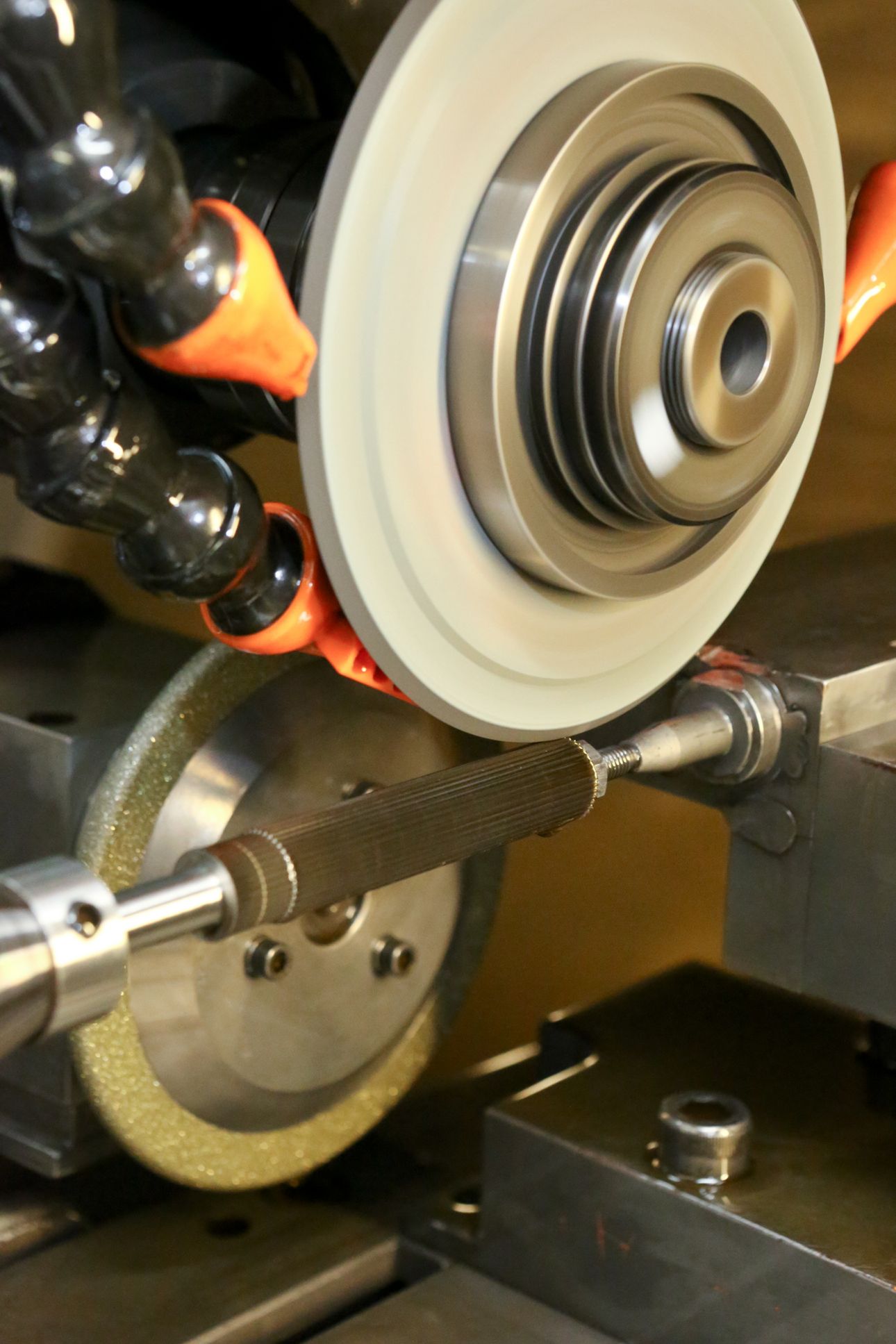Shop Finds Successful Business Pattern with Grinding
Good work speaks for itself, and for Form Roll Die Corporation, it speaks volumes. Known the world over for its high-accuracy knurling dies and fast delivery times, the Worcester, Massachusetts-based shop has amassed a continuous stream of work over the past decade, mainly through word of mouth.
For the most part, Form Roll Die earned this success the old-fashioned way: by providing quality parts at fair prices with timely delivery. But another factor in the 55-year-old company’s success is the ability to quickly produce knurled parts on short notice, which can sometimes be a bit of a challenge with the conventional hobbing and lapping processes still needed by customers and commonly used by Form Roll Die, as well as most of its competitors in the United States and abroad.
What gives the company flexibility to take on quick-turnaround jobs while maintaining production on its more regular work is advanced CNC grinding technology from United Grinding. The shop currently operates four WALTER tool grinding machines to help keep its business thriving with both domestic and international customers, some as far away as China. The machines give the shop significant production flexibility and the capability to complete jobs in two or three days as opposed to two or three weeks. The 34-person shop can also handle same-day turnarounds on emergency orders involving standard knurl blanks — such as when a customer loses its last die in a machine crash.
Typically done on a lathe, knurling involves using specially shaped hardened metal wheels, or dies, to press straight, diagonal or diamond patterns into the surface of a workpiece, or blank. These patterns serve a variety of purposes, from creating gripping surfaces on products to adding aesthetic appeal to parts. From automotive to aerospace to medical and sporting goods components, knurled patterns are a big part of everyday life. Because the knurled patterns have so many uses, the opportunities for knurling tool manufacturers are virtually endless.
Historically, knurling dies have been produced using a hobbing process. This is still the case at Form Roll Die. But in 2006, the company decided to add CNC grinding as a production method for its stock and custom dies. It was a move that has enabled this family-owned operation to capture and maintain a large share of work other shops are simply unable to do. In fact, Form Roll Die has been so busy, the need to advertise its services has been nonexistent for the past 10 years.
Monthly production volumes for the company are fairly steady. When it comes to standard knurling dies, the shop stocks more than 1,000 different sizes and styles for circular and diametral systems, including straight tooth, spiral and diamond patterns with 70, 79, 80 and 90-degree tooth angles. The materials used to produce these dies include high-speed steels, high-cobalt steels and tool steels.
Most of the company’s stock dies are still produced by hobbing and lapping. The WALTER grinders provide flexible production of special patterns, short-run jobs and orders that require a very quick turnaround—in some cases, the same day. Form Roll Die uses two WALTER HELITRONIC POWER 400s and a WALTER HELITRONIC 45. The HELITRONIC 45 machine continuously runs 90-degree basic form work, while one of the HELITRONIC POWER 400s is typically set up for 79-degree work on diametral dies. But, at any given time, the shop can easily shift production based on machine availability.
Form Roll Die’s newer WALTER HELITRONIC POWER 600 is used strictly for custom work. According to CAD/CAM Engineer Barry Wilson, the machine allows the company to take on specialized projects that would have been impossible or cost-prohibitive using the shop’s hobbing and lapping production method. When making tools with this technique, Form Roll Die first hobs the knurling pattern onto a die, then sends the workpiece through heat treat. From there, the die is lapped to a smoother finish then surface and ID ground before finally going to inspection.
With the HELITRONIC POWER 600, the shop is pretty much just working from hardened blanks—a change that can cut lead times by up to 50 percent.
“I’ve been making knurls for over 30 years, and if I was still making them all the old way, I would have probably found a new job a long time ago,” said Wilson. “My experience with WALTER grinders goes back to 1992, and they are what has kept me going.”
In fact, when Form Roll Die acquired its older WALTER machines, the company purchased them used from a shop where Wilson was employed. Wilson made the move to Form Roll Die along with the machines. “I had a lot of experience with the machines and loved working with them, so Form Roll Die pretty much asked my employer at the time if I could come as part of a package deal,” he said.
Given his grinding knowledge, Wilson was the person tasked with purchasing Form Roll Die’s newest WALTER machine, the HELITRONIC POWER 600. “I was unable to find anything better than WALTER for the type of specialty work we wanted to do,” he said.
The machine allows Form Roll Die to produce knurling dies with accuracy and complexity that would be challenging to achieve using the hob/lap method. Many of the jobs Wilson performs on the machine have tolerance requirements of 0.0005". He has also used it to produce dies with widths as small as as 0.030". Plus, if a customer wants to refine a special die, Wilson can quickly make the change on the CNC machine and have the job running in as little as 45 minutes.
Recently, Wilson developed a specialty tap for a medical-based customer that was 0.056" in diameter, had 60 teeth per inch and featured a thread root of around 0.0015" for producing lead nuts. He also made the matching lead screw die. Together, these critical tools help make robotic jaws that are used by operating physicians during thoracic surgeries.
“We were sort of a last resort for this customer,” Wilson said. “No one else was able to meet these strict requirements. It’s because of the HELITRONIC POWER 600 our shop was able to take the job. Since then the word has definitely gotten out that we have this machine that allows us to try anything, and special orders don’t upset us.”
According to Wilson, he is willing to evaluate any and all specialty work that comes through the door, no matter how off the wall it seems. “Through experience, I can pretty much tell right away if a job is doable or not.”
Currently, Form Roll Die operates its HELITRONIC POWER 600 for a single shift, five days a week. The machine’s electrical rotary dresser allows the company to dress the wheels during the grinding cycle when necessary. “It’s all about teeth per inch and diameter length, and every application is different,” Wilson said. When it finally comes time to dress a wheel, which can be days or months, he has the machine do it in 0.0001" increments. In general, he uses rotary diamond wheels on special knurling forms and recoatable diamond dressing rolls on standard designs.
In terms of programming the HELITRONIC POWER 600 or any of the WALTER machines, Wilson avoids having to write any special programming codes by inputting parametric entries into the CNCs. The software, provided by WALTER, is made specially for programming knurling operations. “All I use is two programs—stock and special—to make these machines dance,” he said.
With a shop that’s bursting at the seams with work from customers around the world, Form Roll Die is a firm believer in the power of word of mouth. And, the company plans to keep up the good work by staying focused on quality and relying on both hob/lap and WALTER CNC grinding processes to continue its highly successful business pattern.
